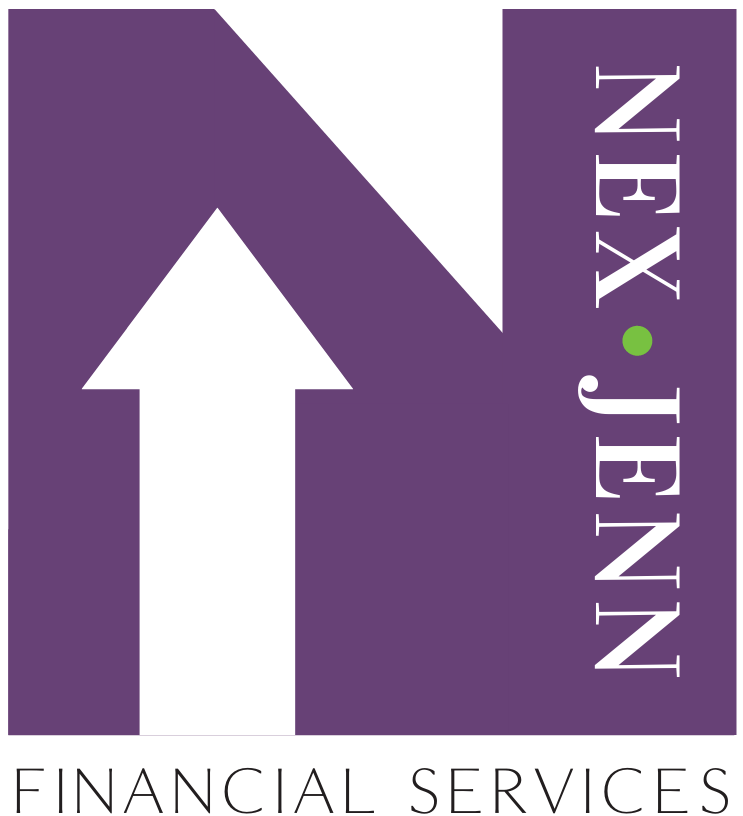Estimated Read Time: 5 minutes

If your employer offers life insurance as a benefit, most likely it will be in the form of group life insurance. Group life insurance provides insurance for you and your fellow employees through a contract that exists between your employer and the insurance company, making you a third-party beneficiary. This type of insurance is similar to individual life insurance policies such as term, whole, and universal life. In this blog, we will discuss group life insurance as well as a few other options that might be offered to you through your employer.
The key takeaways of this blog are:
● Things to Keep in Mind about Employer Offered Life Insurance
● Term Versus Cash Value Life Insurance
● Group Whole/Term Life Insurance
● Group Universal Life Insurance
● Split-Dollar Life Insurance
● Key Employee Life Insurance
Things to Keep in Mind about Employer-Offered Life Insurance
- Signing up for group life insurance through your employer allows them to pay for a portion of the premiums, which means you can receive death benefit coverage at a reduced cost.
- You can conveniently pay for your cost of premiums through monthly payroll deductions.
- You usually have the option to purchase additional life insurance with lower premiums.
- Since group life insurance is a contract between your company and the insurance company, you can terminate the plan at any time.
- Your employer has the right to change life insurance companies or terminate plans at any time. It’s not uncommon for the plan to change year to year.
Term Versus Cash Value Life Insurance
There are two main types of insurance: term and cash value. Term insurance provides protection only and does not accumulate cash value that you can draw on in the future. As a result, term insurance requires minimal cash outlay and has no long-term commitments.
On the other hand, cash value life insurance utilizes any excess funds to build equity within the policy. This means that cash value can provide you with life insurance as well as help you to build a savings within the policy for future use.
Group Whole/Term Life Insurance
Under a group whole life insurance policy, you pay a fixed premium either for the duration of your lifetime (ordinary life) or over a lesser period of time (limited pay life). While many variations of the group whole life insurance policy exist, it is mainly a mixture of both term and permanent insurance. Your premium payment usually goes towards the permanent insurance portion, and your employer’s payment goes towards the term insurance portion. Group whole life insurance has optional employer-paid term insurance with the additional coverage of a permanent group life insurance plan. Group term life insurance only lasts for a specific period of time and provides death benefits.
Group Universal Life Insurance
Under a group universal life insurance policy, you have the flexibility to choose the amount of premium you pay as long as it’s within the range of the minimum and maximum ranges. Although, the minimum is usually not enough to accumulate a large amount of cash value.
Alternatively, paying the maximum towards the premium can both cover the cost of keeping it in effect and accumulate a large amount of cash value over time.
Split-Dollar Life Insurance
Typically reserved for executives, a split-dollar life insurance arrangement, or SDA, is an agreement between you and your employer to share the costs and benefits of the life insurance policy. An SDA is an agreement that concerns the premium payment and eventual repayment for the life insurance. It is not a type of policy.
Split-dollar arrangements usually take one of two forms, endorsement or collateral assignment. In the endorsement form, the employer is formally designated as the owner of the insurance contract and endorses the contract to specify the portion of the insurance proceeds payable to your chosen beneficiary.
In the collateral assignment form, you are formally designated as the owner of the contract, and the employer’s premium advances are secured by a collateral assignment of the policy.
Split-dollar life insurance can be an important part of your compensation package. In a typical split-dollar arrangement, your employer funds all or part of the cost of providing you with life insurance protection and then recoups that cost either from the cash value of the policy or from the death benefit.
Effective as of September 17, 2003, there are two mutually exclusive regimes for taxing split-dollar life insurance arrangements.
- Economic Benefit Regime: The economic benefit regime generally governs the taxation of endorsement assignment split-dollar arrangements In this scenario, you are usually the owner and are are considered to be transferring economic benefits to the non-owner (your employer). You and the non-owner are required to consistently account for all amounts paid under a split-dollar arrangement.
- Loan Regime: The loan regime generally governs the taxation of collateral assignment split dollar arrangements. Your employer is usually the owner and you are considered to be lending premium payments to the owner.
Your employer can offer inexpensive and reliable life insurance at a very low rate or sometimes even for free. Just keep in mind that your employer can terminate or change coverage options at any time, however, you almost always have the option to continue the coverage on your own or switch to the new plan. As always, be sure to understand exactly what is being offered and what your obligations are. Then, take advantage of the opportunity to provide for your loved ones by preparing for the unexpected.
